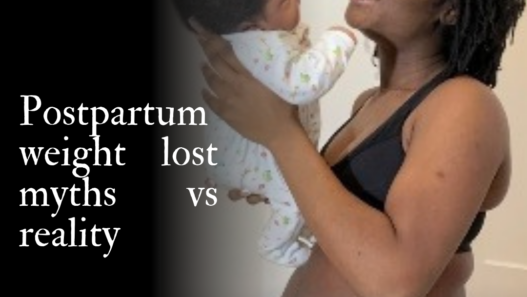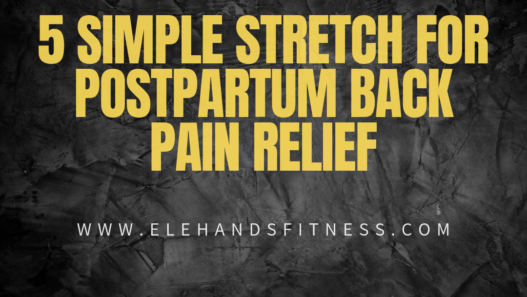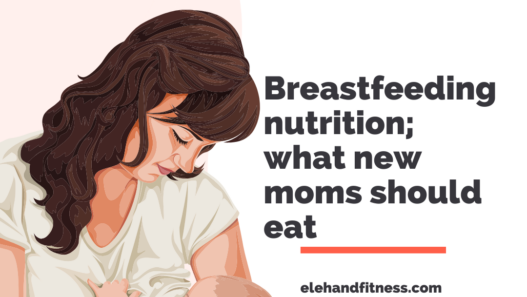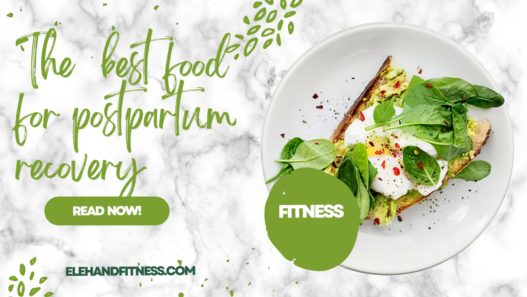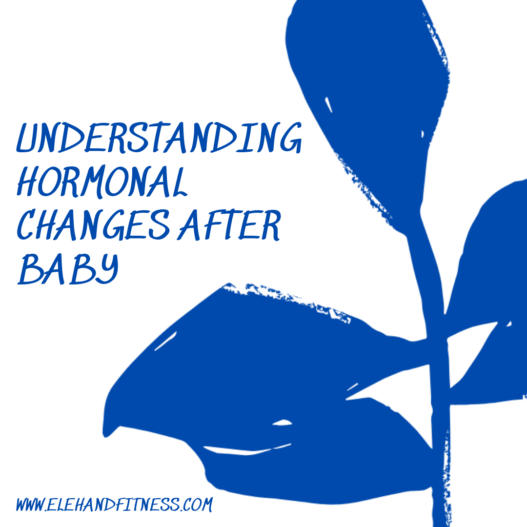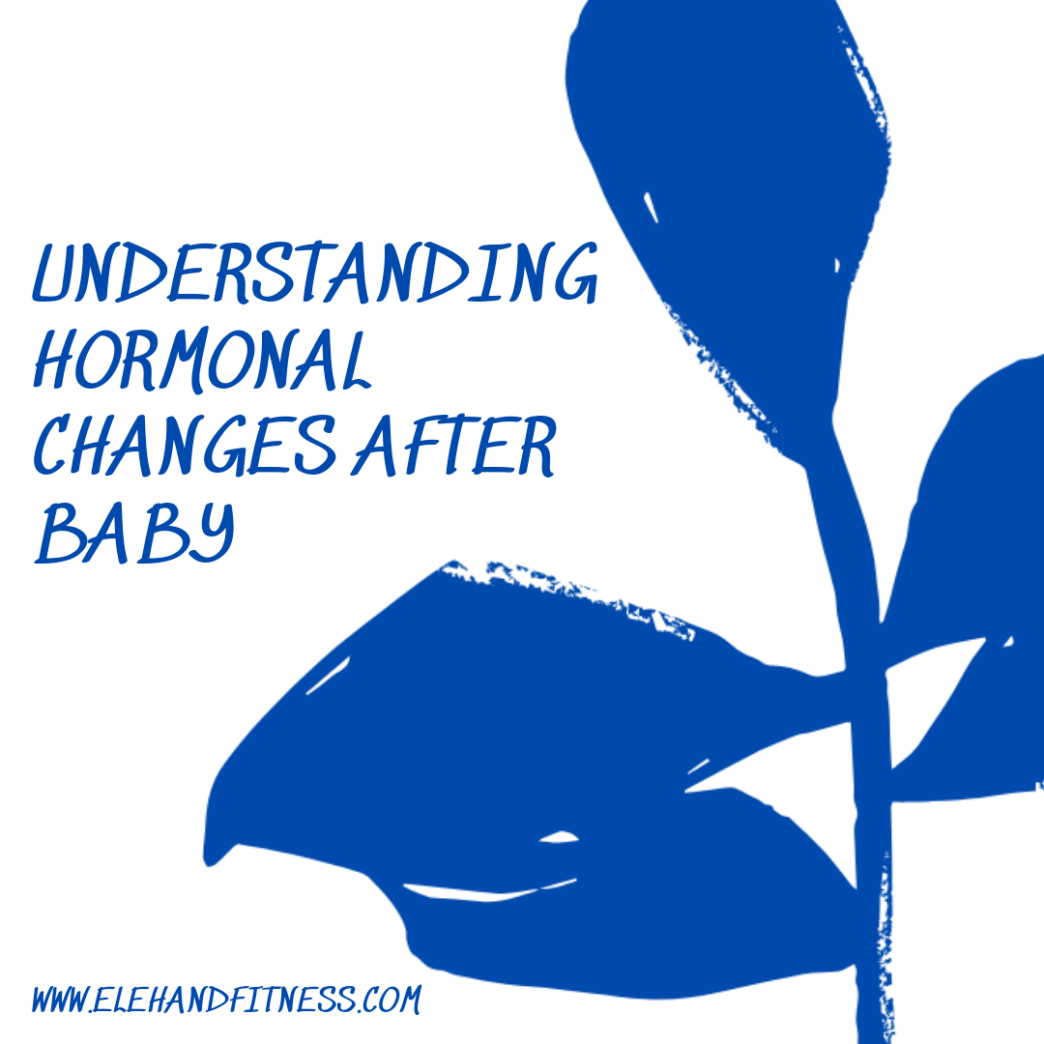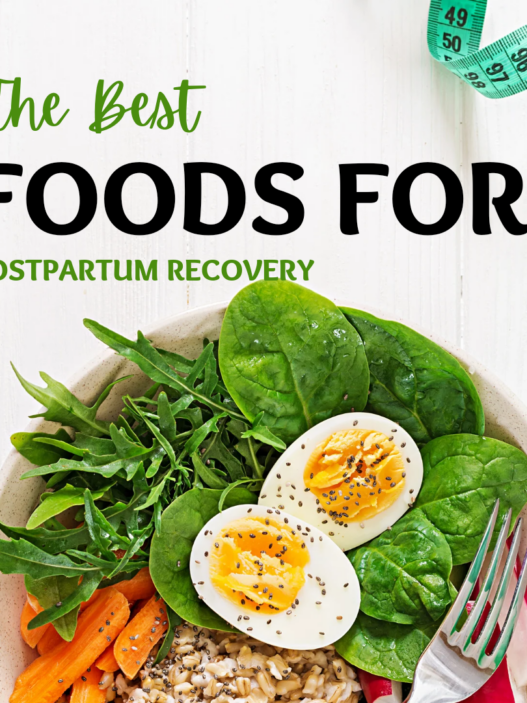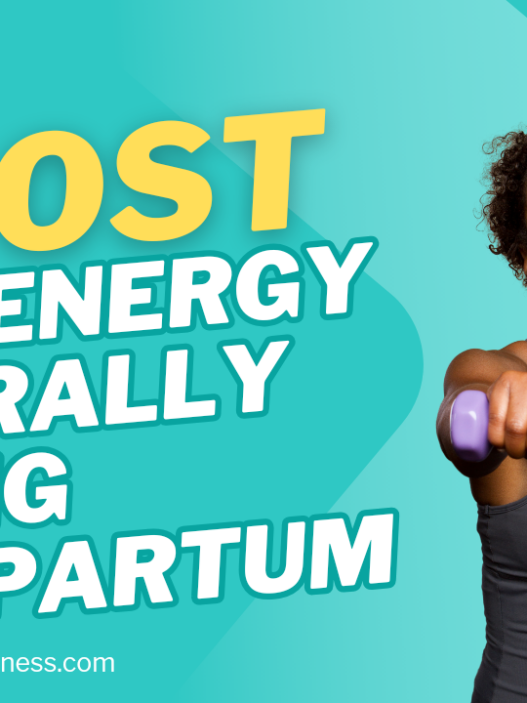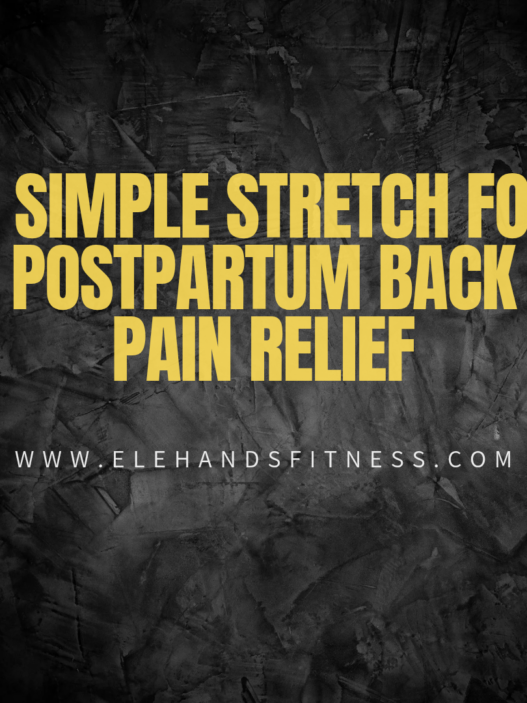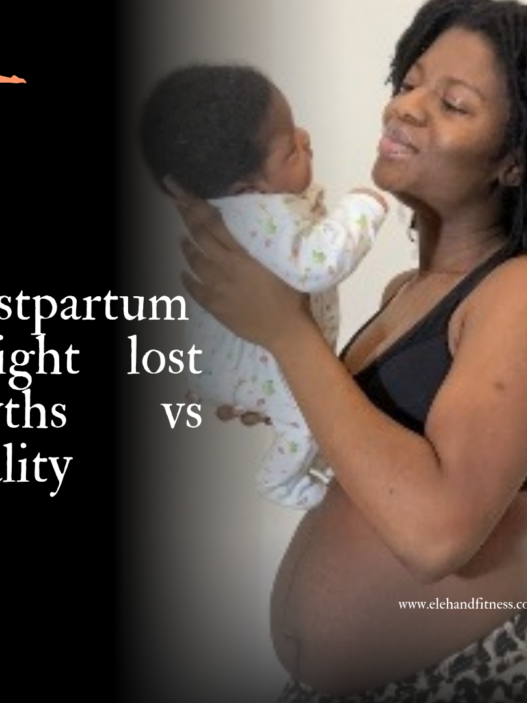Understanding Hormonal Changes After Having a Baby
Bringing a baby into the world is a life-changing experience, and alongside the physical and emotional adjustments, your body undergoes significant hormonal changes. These shifts play a critical role in recovery, milk production, mood, and energy levels. Understanding these hormonal changes can help you navigate postpartum with greater ease and confidence.
- Estrogen and Progesterone: The Pregnancy Hormones
What happens: During pregnancy, estrogen and progesterone levels are at an all-time high, helping to support your baby’s growth and development. After delivery, these hormone levels drop dramatically within 24 hours.
Effects:
The sudden decrease may contribute to postpartum mood swings, often referred to as the “baby blues.”
It can also lead to vaginal dryness, decreased libido, and hair shedding.
What you can do:
Use lubricants or vaginal moisturizers to ease dryness.
Focus on nourishing your body to support hormone balance.
- Oxytocin: The Love Hormone
What happens: Known as the “bonding hormone,” oxytocin surges during labor to help contractions and continues to play a role postpartum, especially during breastfeeding.
Effects:
Strengthens the emotional bond between you and your baby.
Triggers the let-down reflex for breastfeeding.
Can reduce stress and promote feelings of calm.
What you can do:
Skin-to-skin contact and breastfeeding naturally increase oxytocin levels.
Spend time bonding with your baby and partner to nurture this connection.
- Prolactin: The Milk-Making Hormone
What happens: Prolactin levels rise after delivery, stimulating milk production for breastfeeding mothers.
Effects:
Encourages lactation and helps you establish a milk supply.
Can have a calming effect, but in some cases, high levels may make you feel overly tired.
What you can do:
Stay hydrated and eat nutrient-rich foods to support milk production.
Rest as much as possible to counteract fatigue.
- Cortisol: The Stress Hormone
What happens: Cortisol levels remain elevated during pregnancy and postpartum as your body adjusts to the physical and emotional demands of motherhood.
Effects:
Helps you stay alert and respond to your baby’s needs.
Prolonged elevation can lead to feelings of anxiety, irritability, or exhaustion.
What you can do:
Practice stress-reducing techniques like deep breathing, meditation, or light exercise.
Don’t hesitate to ask for help when feeling overwhelmed.
- Thyroid Hormones: Regulating Metabolism
What happens: The thyroid gland often undergoes changes postpartum, with some women developing postpartum thyroiditis (an inflammation of the thyroid).
Effects:
Hyperthyroidism (overactive thyroid) can cause rapid weight loss, anxiety, and insomnia.
Hypothyroidism (underactive thyroid) can lead to fatigue, weight gain, and depression.
What you can do:
If you notice unusual symptoms, consult your healthcare provider for a thyroid function test.
- Testosterone: Energy and Libido
What happens: Testosterone levels naturally decline during pregnancy and the postpartum period.
Effects:
A decrease in energy and libido is common.
Fatigue from sleep deprivation and hormonal shifts can further impact this.
What you can do:
Prioritize rest and nutrition to boost energy.
Communicate with your partner to address intimacy concerns without pressure.
- Serotonin and Dopamine: Mood Regulators
What happens: Hormonal changes after birth can impact neurotransmitters like serotonin and dopamine, which regulate mood and emotions.
Effects:
Low levels of serotonin may contribute to postpartum depression or anxiety.
A dopamine imbalance can affect your ability to feel pleasure or motivation.
What you can do:
Eat a balanced diet rich in omega-3s, whole grains, and leafy greens to support brain health.
Seek support from friends, family, or a professional if you’re experiencing persistent mood changes.
- Relaxin: The Recovery Hormone
What happens: Relaxin, which loosens ligaments and joints during pregnancy to prepare for childbirth, remains in your body for several months postpartum.
Effects:
Can lead to joint pain or instability as your body returns to its pre-pregnancy state.
Affects posture and mobility.
What you can do:
Practice gentle postpartum exercises like yoga or walking.
Avoid heavy lifting or intense workouts until cleared by your doctor.
Tips for Balancing Hormones Postpartum
- Prioritize Rest: Sleep when possible, even if it’s in short naps. Rest supports hormonal balance.
- Stay Active: Gentle movement like walking or stretching can improve mood and energy.
- Eat Balanced Meals: Focus on whole foods rich in healthy fats, protein, and complex carbs.
- Hydrate: Water supports all bodily functions, including hormonal regulation.
- Seek Support: Don’t hesitate to reach out to loved ones or professionals if you feel overwhelmed or notice mood swings.
When to Seek Help
While some hormonal changes are normal, it’s essential to recognize when they may require professional attention.
Postpartum Depression: If you experience persistent sadness, anxiety, or lack of motivation, seek help from a healthcare provider.
Thyroid Issues: Extreme fatigue, hair loss, or mood swings may indicate thyroid imbalances.
Breastfeeding Challenges: Low milk supply or difficulty breastfeeding can sometimes be related to hormonal issues.
Final Thoughts
Hormonal changes postpartum are part of your body’s natural process of recovery and adaptation. While they can feel overwhelming, understanding these shifts can empower you to care for yourself better. Give your body time, patience, and the nourishment it needs to thrive in this new chapter of motherhood.
Would you like suggestions on foods or exercises to support hormonal balance?

